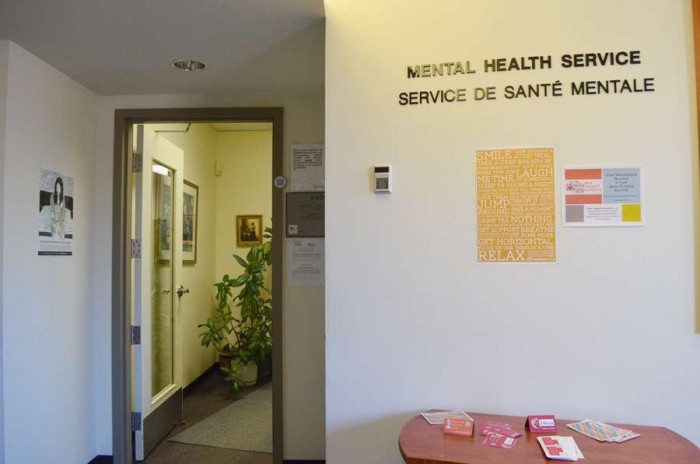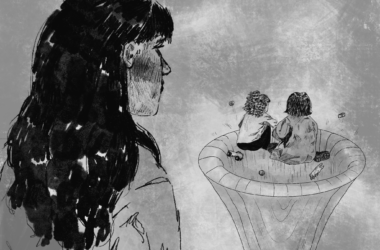At 8:30 on weekday mornings, coughs and sniffles fill the McGill Health Services clinic. Sick students, looking miserable to their core, sit and wait—some for strep tests, others for a prescription. Many, however, have braved the negative temperature and icy sidewalks to wait for nothing but a medical note to save their GPA.
It’s an unfortunate reality that many committed—and ill—students at McGill face. It is it absurd to have sick students wake up for the clinic’s 8:30 AM opening, to then wait hours on end to see a nurse or doctor, only to have them scribble down a few words and provide a signature. The process places an unreasonable and unnecessary burden on sick students.
Current classroom policies require students to obtain a medical note to avoid penalization for missing class, which may result in lower participation marks. This leaves two choices for sick students: Get the slip of paper to save one’s grades, or get the rest to spare one’s health. Apparently, there is no way to have both. However, all hope is not lost: The Students’ Society of McGill University’s (SSMU) University Affairs Committee (UAC) is presently working to strike a working group on academic accommodations, as part of SSMU’s broader Know Your Rights campaign.
According to the Know Your Rights website, the UAC’s VP Internal and Office of the Dean of Students are undergoing talks regarding amending and upgrading the medical note policy, with the intention “to develop recommendations for faculty-specific improvements to streamline procedures and reduce the documentation requirements for students and Student Services.”
If successful, this initiative will benefit not only students, but also the university’s professors. It is understandable that a professor would require punctuality and a way of monitoring satisfactory attendance, but it is not acceptable to have such a strenuous process to excuse an absence.
While the clinic does its job prescribing the right antibiotics for sinus infections and pesky coughs, the process to see a physician for a note is painstaking and laden with inefficiency. Obtaining a doctor’s note requires no more than a five-minute encounter with an MD, but appointment slots fill up so fast that many students are left with no choice but to leave empty-handed. With no excuse for their absence, these unlucky latecomers must then return to class rather than their beds.
Pertaining to mental health and missing class, you can only hope that you have an understanding professor or a reliable psychiatrist. While McGill offers counselling services, walk-in spots are limited and resources are slim. In a high-stress university environment, students need to be able to find help when they need it, and an effective way to communicate their struggles to professors without being penalized.
There is an ideal option that comes to mind for remedying this situation: Create an entirely separate evaluation and documentation process for students who only need a note to excuse them from class. Have doctors, nurses, and psychiatrists present to evaluate the student’s condition and give them their note. UAC’s move to streamline the medical documentation process, as well as McGill mental health and counselling services’ recent adoption of a Stepped Care Model, are steps in the right direction. In the meantime, however, the fact that students have to jump through these hoops to prove they’re sick remains ridiculous.
It’s a simple concept: Rest when you’re sick. But when the process of getting a medical note is as exhausting as the flu itself, students are caught between a rock and a hard place when it comes to taking care of both their bodies and their grades. At this point, sick students can only hope for enough DayQuil to get us through the semester.









